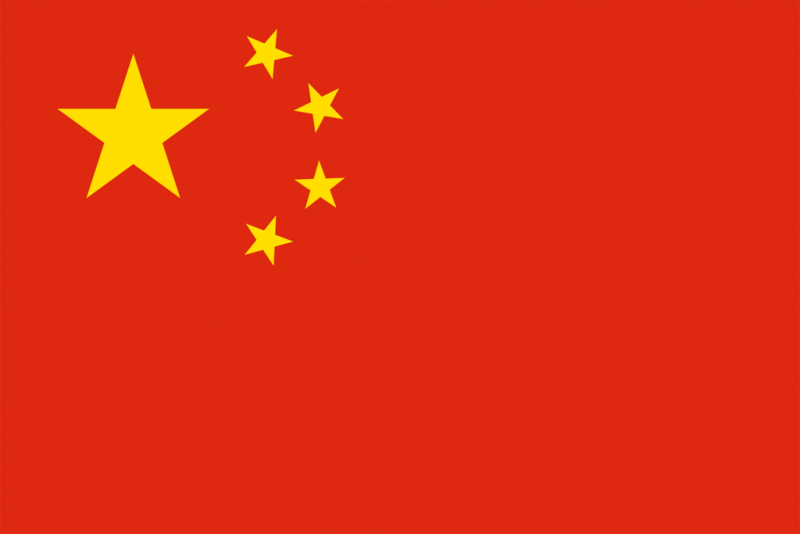China Struggles With Socialist Wealth Spiral
Socialist societies tend to go into a wealth spiral that leaves them impoverished. Essentially, if you hand out free stuff, you gather together lots of people who like free stuff, and then you make lots of rules, which means that people spend most of their time fighting over rules instead of being productive.
In the end, you have lots of takers and few makers, and so the products are spread very thin, causing people to live well on paper but live poorly in reality, and for everything to move slower and slower until the system chokes on its own weight.
This parallels lots of human situations. Any bureaucracy tends to grow and choke a society; a social group will die when it spends most of its time fighting for peace and unity among its members. Companies which grow too fast strangle in the warring between divisions and the resulting hacked-up, illogical, and low-quality products they produce.
Socialist wealth spirals took out even pre-socialist societies like Revolutionary France. After the Revolution was won, people just stopped doing their jobs much, relying on the mandate of the state that people buy certain things or provide certain supplies to carry them over. As history recalls, the famines were worse after the Revolution for this reason.
An article from 2012 (archive) shows us why China has been increasingly manic about expanding its economy and taking over the world:
Modern day mainland Chinese society is focused on one object: money and the acquisition thereof. The politically correct term in China is “economic benefit.” The country and its people, on average, are far wealthier than they were 25 years ago. Traditional family culture, thanks to 60 years of self-serving socialism followed by another 30 of the “one child policy,” has become a “me” culture. Except where there is economic benefit to be had, communities do not act together, and when they do it is only to ensure equal financial compensation for the pollution, or the government-sponsored illegal land grab, or the poisoned children. Social status, so important in Chinese culture and more so thanks to those 60 years of communism, is defined by the display of wealth. Cars, apartments, personal jewellery, clothing, pets: all must be new and shiny, and carry a famous foreign brand name. In the small rural village where we live I am not asked about my health or that of my family, I am asked how much money our small business is making, how much our car cost, our dog.
The trouble with money of course, and showing off how much you have, is that you upset the people who have very little. Hence the Party’s campaign to promote a “harmonious society,” its vast spending on urban and rural beautification projects, and reliance on the sale of “land rights” more than personal taxes.
In brief, Chinese property prices have rocketed; owning a home has become unaffordable for the young urban workers; and vast residential developments continue to be built across the country whose units are primarily sold as investments, not homes. If you own a property you are more than likely to own at least three. Many of our friends do. If you don’t own a property, you are stuck.
When the bubble pops, or in the remote chance that it deflates gradually, the wealth the Party gave the people will deflate too. The promise will have been broken. And there’ll still be the medical bills, pensions and school fees. The people will want their money back, or a say in their future, which amounts to a political voice. If they are denied, they will cease to be harmonious.
In a Leftist society, demand seizes social focus rather than production because only demand is equal. Production is inherently unequal, with some creating more or better than the rest. For this reason, Leftist society resembles real estate: roles are properties, and you trade on those for more wealth, where direct wealth is hard to come by.
China has translated this directly into land values, mirroring the Leftist method of excluding hereditary wealth, namely high property taxes. The more society costs to run, with socialist-style subsidies and a big bureaucracy, the higher the cost of property, and therefore, this becomes the only meaningful wealth.
Simultaneously, China devalues its currency by handing it out to citizens, meaning that the basic wealth for survival becomes assumed, and only large amounts of wealth offer any kind of insulating against crisis. This produces a few mega-winners, and many wage-slaves who are not poor but have no hope of ever getting off the treadmill.
Socialist states produce this society by handing out free money at the same time they raise costs, ensuring that no one can afford a normal life, and obedience is guaranteed because if you step off the treadmill, you soon have nothing, and it turns out that what they give out free is never enough.
Some may recall the Soviet Union, where millions lived in dingy, ugly, small, and awkward apartments while slaving away at jobs where they were almost totally at the whims of their bosses. This was the opposite of what the worker’s paradise promised, and yet, it was necessary to sustain the Utopia.
All socialist-style societies, including our own which incorporates social entitlements, fall into this wealth spiral. Giving stuff away equally reduces its value, making many poor and a few cynical rich, as is the case across most of the third world.
If we wish to avoid this fate, we must disconnect from China entirely, not just on an economic level but on political and social levels as well.
Tags: china, socialism, wage slavery, wealth spiral










